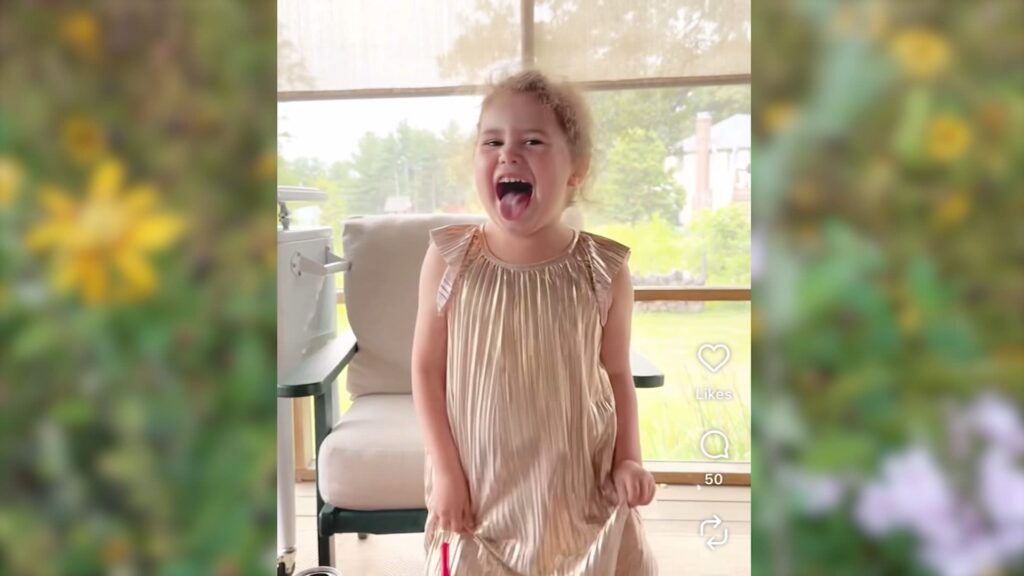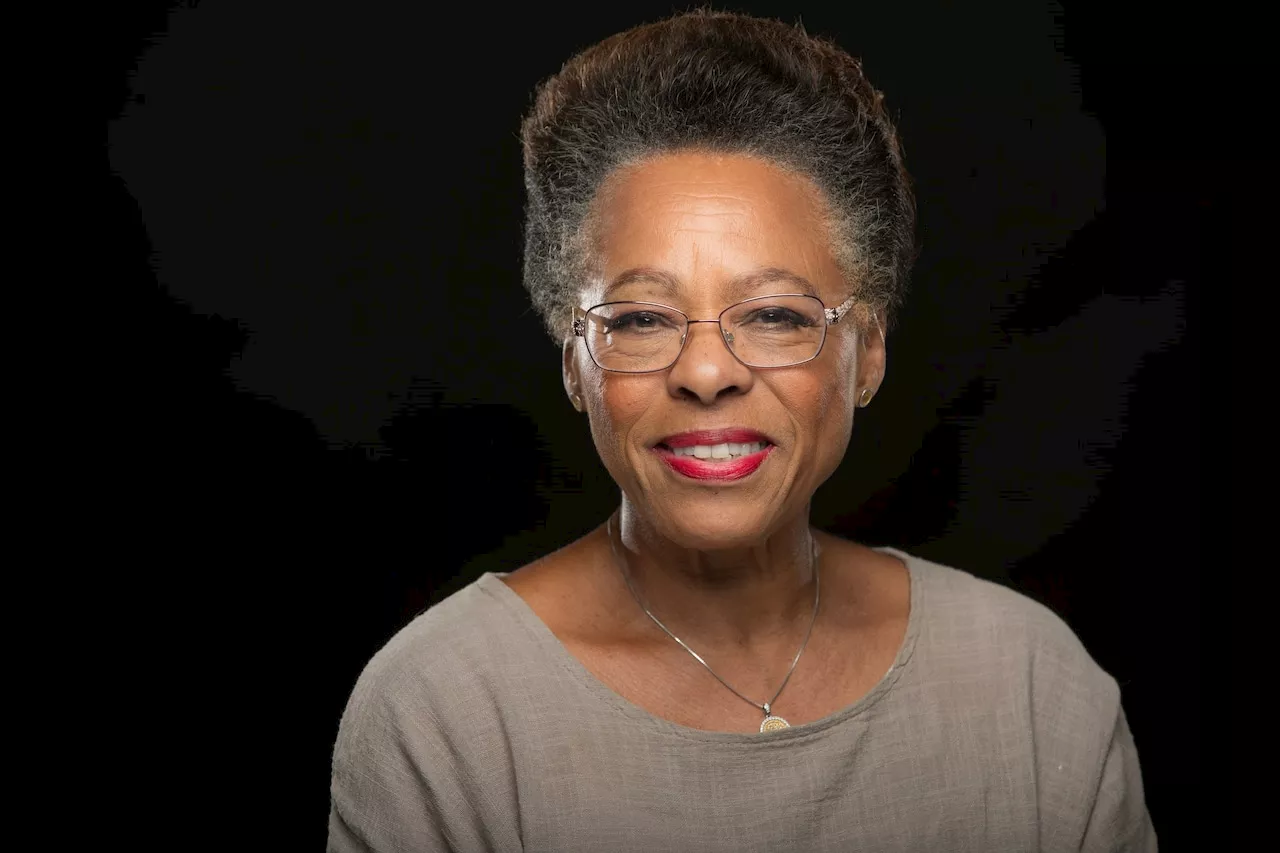
Families of children with cancer are grappling with the implications of significant funding cuts to pivotal research initiatives. In particular, the Pediatric Brain Tumor Consortium (PBTC) has seen its federal support withdrawn, leading to halted clinical trials that had offered hope to patients like 5-year-old Juliette Lesko. Diagnosed with an incurable form of brain cancer known as ependymoma, Juliette’s family is now faced with uncertainty as they await critical information regarding her experimental treatment.
Juliette has undergone extensive treatments, including two brain surgeries and 30 sessions of radiation. Her father, Jim Lesko, expressed his concern to CNN, stating, “If it shows the tumor has grown, it means the treatment is not working. We need to try something new, and we need to try it fast.” The Leskos had hoped to enroll Juliette in a clinical trial in Texas that offered a different treatment approach, but the trial abruptly ceased accepting new patients after the NCI’s funding cut was announced.
Funding Cuts and Their Impact on Research
The NCI, the primary federal agency for cancer research, declared in August that it would no longer fund the PBTC, a significant provider of access to experimental treatments for pediatric cancers. This decision marks the end of a 25-year partnership and comes at a time when cancer research is already facing severe challenges, including drastic funding reductions and staff shortages.
According to a spokesperson for the Department of Health and Human Services, the decision to defund the PBTC aims to allow resources to be “more effectively used.” They asserted that clinical trials would be transferred to another network concentrating on a broader spectrum of pediatric cancers. However, many experts in the field have voiced concerns.
“There is a feeling of despair; how are we going to make this work?” said Eugene Hwang, a pediatric neuro-oncologist at Children’s National Hospital in Washington, D.C. “Pediatric brain cancer was already a tough problem, and now it’s becoming harder — not because the cancer has gotten worse but because our ability to do research has become limited.”
Six clinical trials under the PBTC, including the one the Leskos were interested in, have stopped enrolling new patients. This suspension affects nearly 200 patients who could have participated in ongoing trials. Furthermore, two additional trials have been delayed, including a promising vaccine-based treatment for pediatric brain cancer.
A Broader Crisis in Cancer Research
Hwang’s own research, which aims to address diffuse intrinsic pontine glioma (DIPG), has also felt the strain of funding cuts. Despite receiving high scores from NIH grant reviewers, the current focus on budget reductions means only the top 4% of grants will be funded, sidelining many worthwhile studies. “This means a lot of really good research won’t get funded for the rest of this year,” Hwang explained.
The funding situation is particularly alarming given that pediatric cancer research has historically been underfunded. As families like the Leskos navigate these challenges, they face an uncertain future. Juliette’s father articulated the emotional toll of these developments, stating, “It’s more insulting than hurtful… It’s insulting to us, who just want to give our daughter the best chance to live.”
In light of the funding cuts, advocacy groups such as the National Brain Tumor Society are mobilizing. The organization plans to submit a petition to the NCI, already gathering over 1,000 signatures, urging the reconsideration of the decision to shut down PBTC.
The situation reflects broader disruptions within the NCI, where staffing losses and budget constraints have significantly impacted cancer research initiatives. As the landscape changes, the potential for setbacks in scientific advancements looms large, leaving families dependent on these crucial trials feeling increasingly abandoned.
As the Leskos await the outcome of Juliette’s upcoming brain scan, the uncertainty of her treatment exemplifies the urgent need for stable funding and resources in the realm of pediatric cancer research.






